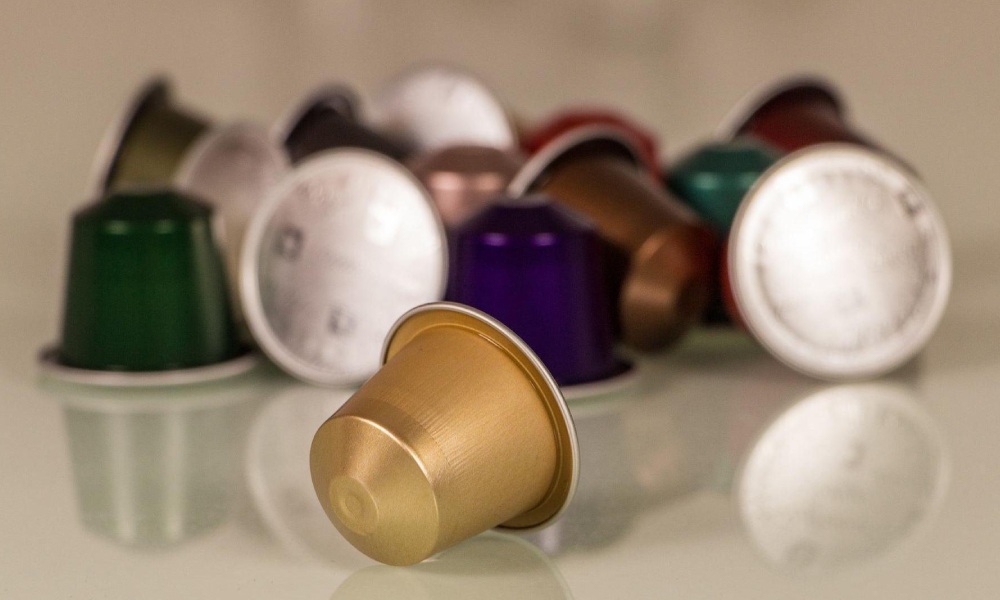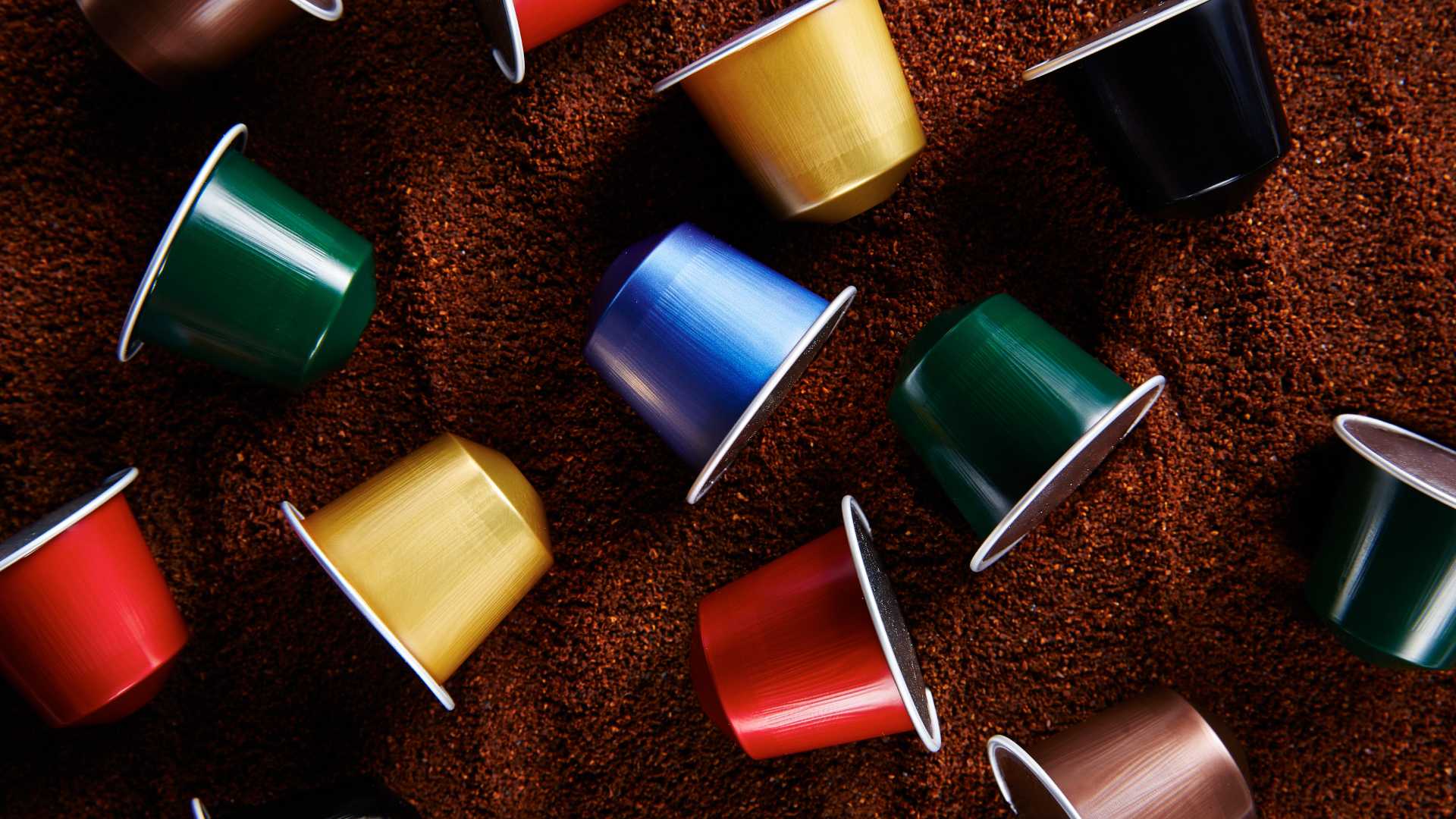Specialty coffee capsules: Has the market become oversaturated?
During the pandemic, high-quality coffee capsules were all the rage. Now that things have settled, vice president of Coffee Enterprises, Spencer Turer, predicts where the market will go.
From homes and hotels to offices and airport lounges, there are few places that coffee capsule machines have not penetrated. Convenient, consistent, and versatile, they have come to characterise the quick, on-the-go lives of modern day consumers around the world.
The concept of coffee capsules – predosed ground coffee in a capsule or “pod”– first appeared in the 1970s. However, it wasn’t until the early 2000s that their popularity soared. Today, the global market is worth several billion dollars, with forecasts that it could hit almost $10 billion by 2032.
As part of this growth is the increasingly ubiquitous “specialty” coffee capsule. Defined as coffee with a SCA score of 80 or more, specialty coffee capsules tend to offer a superior flavour profile to commodity capsules and include a wider range of varieties, including Gesha and Red Bourbon.
Spencer Turer is vice president of Coffee Enterprises, a major consulting firm offering technical and business advice to coffee and tea companies. He believes that the drive for specialty coffee pods is linked to consumers’ rising demand for better quality coffee.
“The consumer started talking about how we can get a better coffee cup,” Spencer explains. “They asked why there aren’t enough options for the single-cup consumer compared to bagged coffee or other retail coffee products.”
In response, coffee capsule manufacturers changed direction. “In the last ten years, the market has changed,” he continues. “It went from an emerging market with machines, cups, and pods to a mature market.”
Stealing market share
The introduction of specialty coffee roasters to the capsule industry has changed the market landscape. Where before the only options in supermarkets were ground and whole bean bags of coffee, now, specialty capsules are increasingly occupying shelf space.
This trend was only furthered by the outbreak of Covid-19 in early 2020. With up to 95% of all hospitality businesses forced to close their doors at some point during the pandemic, consumers had little choice but to brew coffee from the comfort of their home.
Coffee capsule machines offered the convenience and affordability that many were looking for. But in order to recreate their coffee shop favourites, there was also a simultaneous jump in demand for better quality coffee. Noticing this, a number of coffee brands, which had previously steered away from the capsule format, began to launch their own versions.
“We saw more specialty coffee brands embracing the single-cup system,” Spencer explains.
Although some had previously criticised the ability of capsules to preserve freshness, many found that the single-dose format ensured that oxidation didn’t occur. It also allowed roasters to control the way customers brewed their coffee, something that hadn’t previously been possible.
“Our mission is to get more people drinking and appreciating specialty coffee,” Roastworks, a UK specialty coffee brand, wrote on its website shortly after launching its own range of capsules. “And what better vehicle to help us do this than with capsules?”

Saturation point
When the first specialty coffee capsules arrived on the market, theretheir was an air of excitement around their potential for consumers.
No longer restricted to a handful of coffees selected by the machine manufacturers, people could enjoy a selection of high-quality cup profiles from their favourite roasters.
However, as the market becomes increasingly saturated, the conversation has shifted from quality to other areas, such as sustainability and traceability. This is particularly in the face of criticism around the use of aluminium pods and their impact on the environment.
“The future of single-cup coffee is one that’s more sustainable, more environmentally friendly footprint,” Spencer says. “We’re going to see conversations about the carbon footprint, not just for the manufacturing and the distribution, but also around how efficient the brewing equipment is.
“We’re also going to be questioning everything that we’re doing because the consumer is much more educated today. They want to make decisions on all of the products that they’re buying, whether it be equipment, food, or beverage products that make them feel good about their purchases and are consistent with their ideals.”
Although Spencer believes the capsule industry will continue to grow as new consumers enter the market, an attractive alternative for places such as offices, hotels, and restaurants is superautomatic coffee machines.
Offering the same one-touch convenience as capsule machines, superautomatics, such as the Carimali Silver Ace, can handle any whole bean coffee and milk to create consistently high-quality cups of coffee. Their ability to steam milk opens up a wider menu for businesses without needing a barista on hand.
What’s more, as the capsule industry continues to fend off doubts around sustainability, it’s likely many brands will start to renew their focus on the whole bean format – and will undoubtedly look to other convenient options to complement it.








